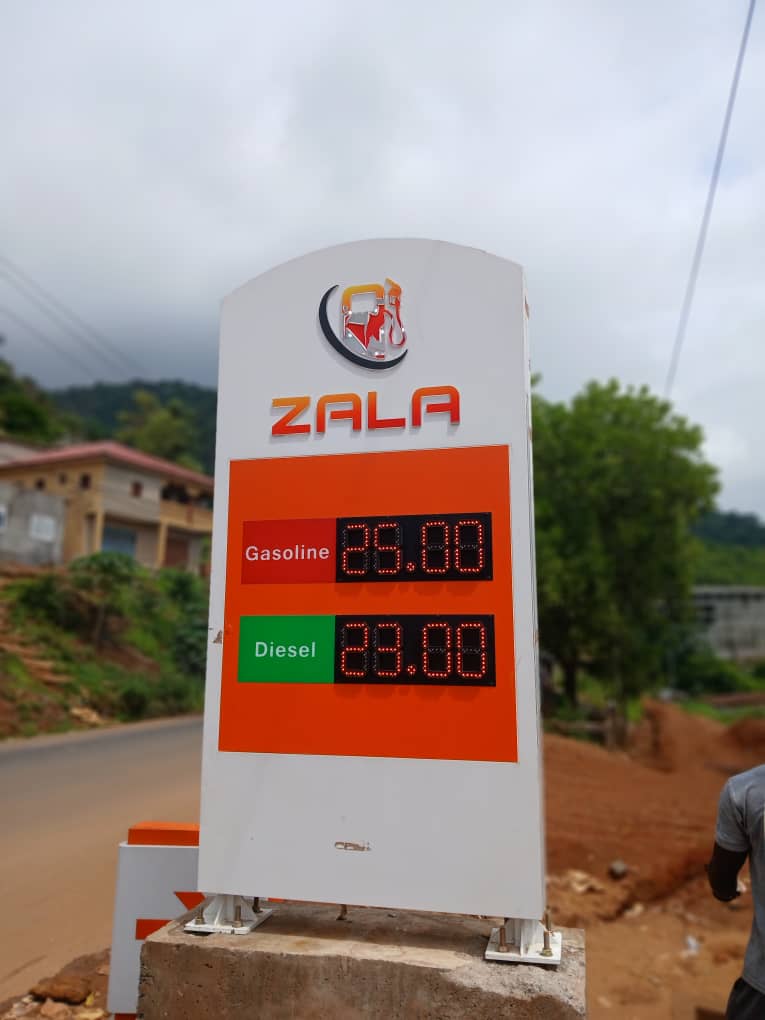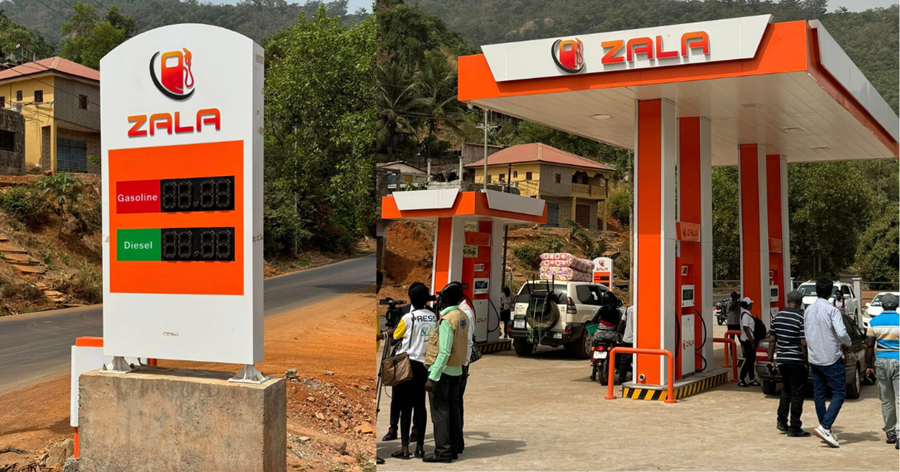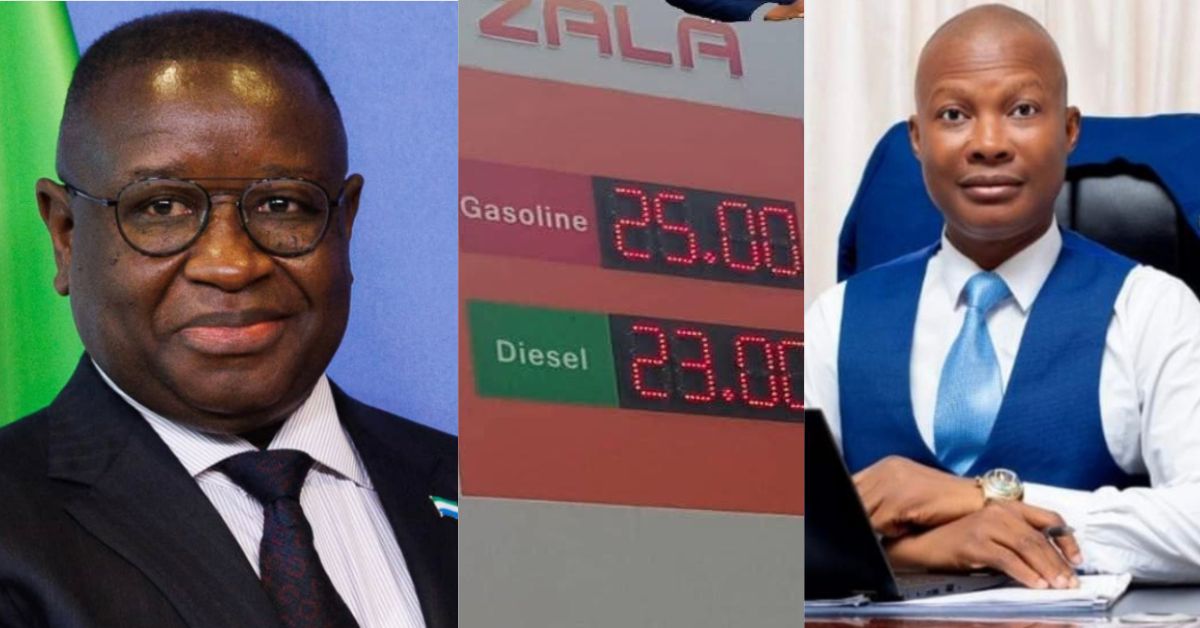As citizens express growing frustration over the petroleum pricing system, the government’s efforts to decentralize the oil company sector have come under scrutiny.
While President Julius Maada Bio has made strides in this direction, concerns persist regarding the longstanding cartel between oil marketing companies and the National Petroleum Regulatory Authority (NPRA).
Recent developments indicated that the NPRA has been hesitant to lower pump prices despite a significant drop in the global market for refined petroleum products.
Activist Edmund Abu has confirmed that Sierra Leoneans should be paying less than Le20 per liter, contrasting sharply with the current prices set by the NPRA, which remain inflated at Le27.30 per liter.

This discrepancy raises questions about the integrity of the data being presented to the government by NPRA officials, particularly under the leadership of Brima Baluwa Koroma.
Citizens are increasingly suspicious that Baluwa Koroma may be colluding with oil marketing companies, potentially misleading the President with inaccurate information while prioritizing personal interests.
The recent entry of Zala Oil, which has set pump prices as low as Le26, has sparked a price reduction war among competitors, with some now selling fuel for as little as Le23.

The NPRA has been criticized for failing to address widespread reports of short-changing by rogue dealers. Customers claim that when purchasing ten liters of fuel, they often receive only seven liters. This has led to a significant loss of public trust in the regulatory authority, which has not taken adequate steps to protect consumers.
The demand for a transparent pricing formula is becoming increasingly urgent. Citizens are calling for clarity on how prices are determined and who benefits from the current system. The lack of accessible information on the NPRA’s website exacerbates concerns about accountability in the sector.












The NPRA initially tried but we are disappointed in their leadership and by extension the Government , for failing to save us from the hands of these wicked and heartless delears like NP, Malador , Conex and all those who want us to suffer. With the exception of zala .
Like had been said in the news write up , there seems to be a cartel between some oil marketers and the NPRA . Imagine Tesco at Allen town was selling diesel on Sunday Le 23, while petrol was sold at Le 25. Just getting to Friday of the same week, the pressure mounted by NP and others on those dealers that had initially lowered their prices per litre , saw the price per litre at Tesco in Allen town gone back to Le 27.00 per litre , even though zala still sells at Le 26 .00 per litre.
This raises a question for NPRA and the oil marketers , as who controls whom? For the good of the proverbial citizens of this country.
Salone na country. Any tin kin happin.